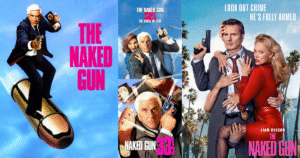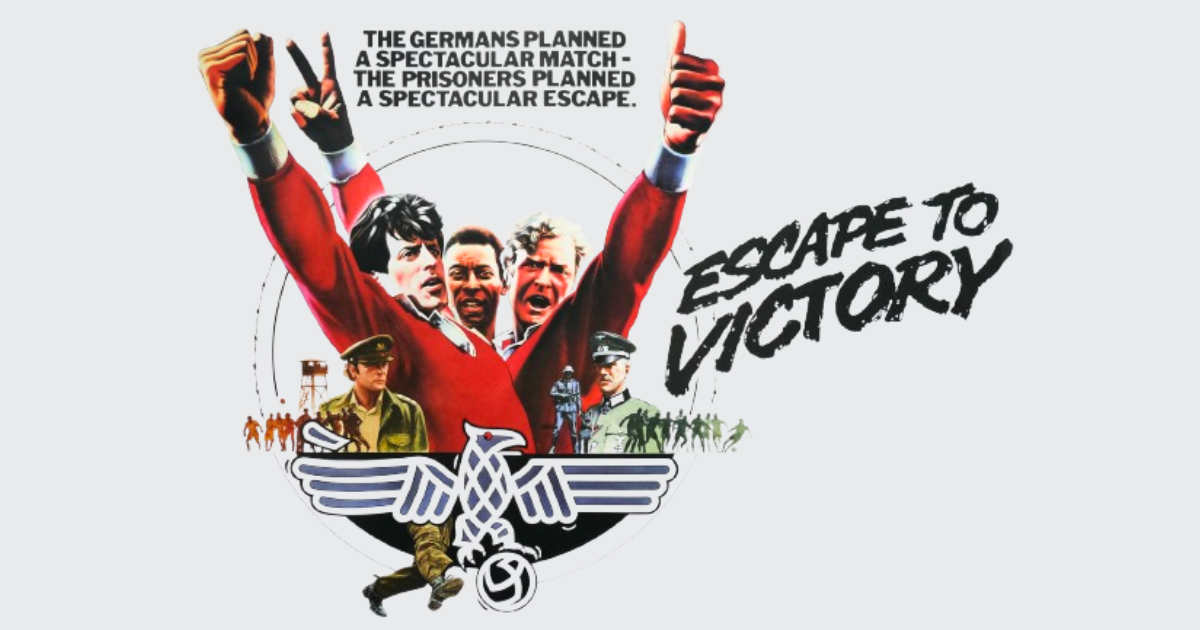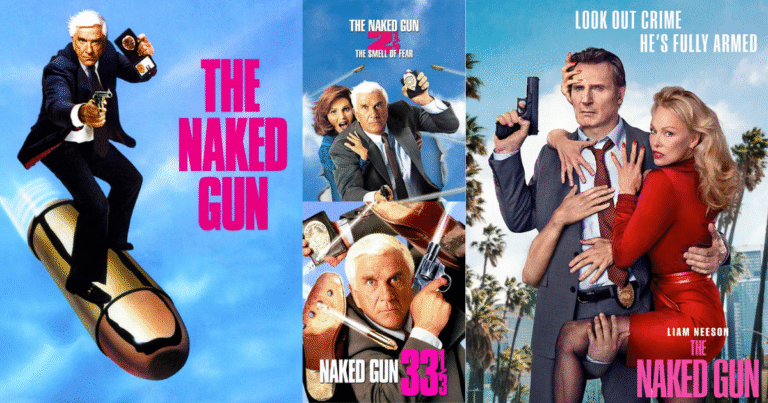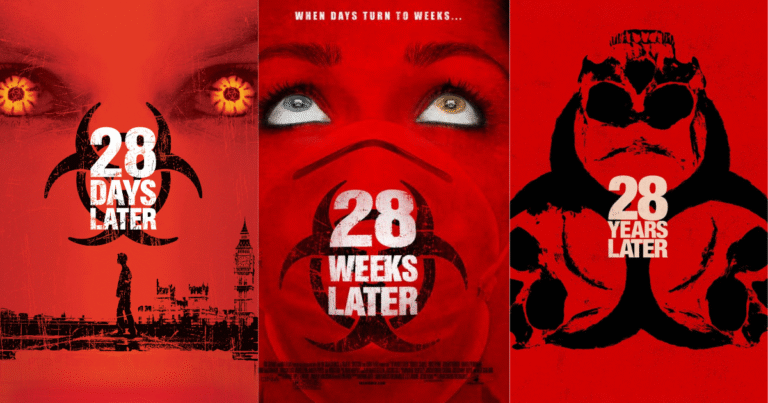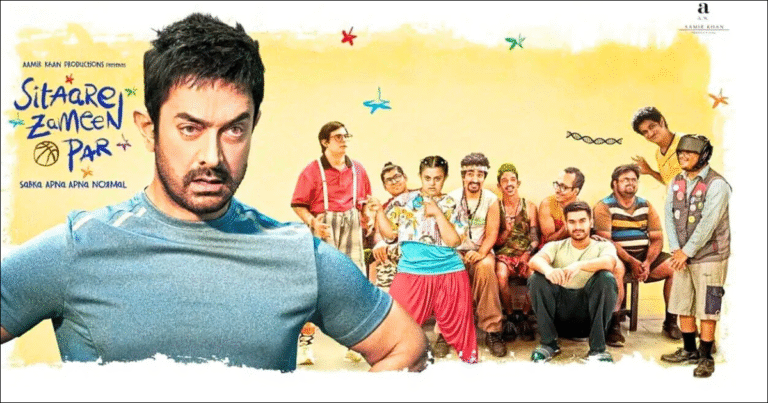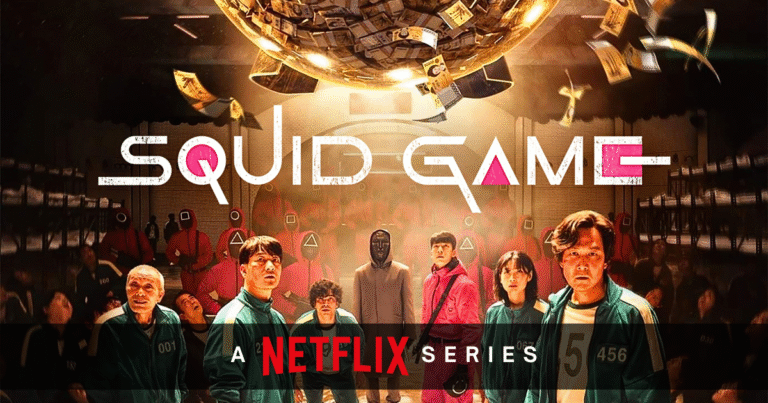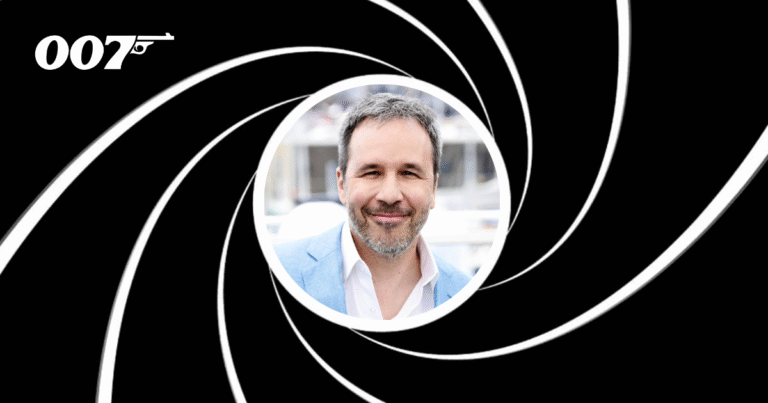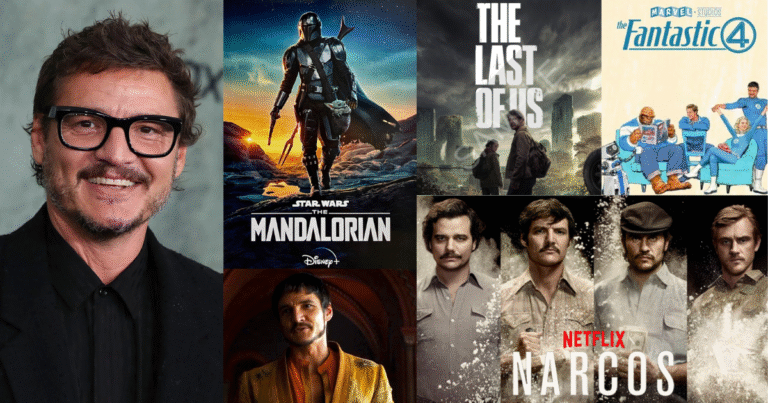When you think of war movies, football probably isn’t the first thing that comes to mind. But Escape to Victory, the 1981 cult classic, flips the script. It’s part World War II drama, part sports underdog movie, and it still manages to strike a chord over 40 years later. With a cast that includes Sylvester Stallone, Michael Caine, Pelé, and real-life football legends, this film brings together two unlikely genres into one unforgettable ride.
Whether you’re a fan of football movies, war epics, or just love a good “win against all odds” story, Escape to Victory delivers. Here’s why this underrated film continues to capture imaginations across generations.
The Plot: POWs, Propaganda, and a Plan
Set in a German prisoner-of-war camp during World War II, the film follows a group of Allied soldiers who are roped into playing a propaganda football match against the German national team. The twist? They decide to use the game as a cover for a daring escape.
Michael Caine plays John Colby, a British officer and former professional footballer. He’s tasked with putting together a team of prisoners to play against the Germans. What starts as a showpiece for Nazi pride soon becomes an opportunity for resistance. Enter Hatch (Sylvester Stallone), the brash American who doesn’t know much about football but has escape on his mind.
The stakes are sky-high: the game becomes more than a match. It’s a symbol of pride, defiance, and unity.
A Sports Movie in a War Setting
What makes Escape to Victory special is how it blends two familiar types of stories. On one side, you’ve got the prison escape plan, full of tension and strategy. On the other, you’ve got the rousing sports arc, with training montages, team dynamics, and a thrilling match climax.
Even if you’re not a football fan, the game sequences are gripping. That’s largely thanks to the involvement of real footballers like Pelé, Bobby Moore, and Osvaldo Ardiles, who bring authenticity and flair to the screen. Pelé’s bicycle kick in the climactic match? Legendary.
The match itself is shot like a true sports showdown. You feel the grit, the urgency, and the emotional highs and lows. There’s real drama in every pass, tackle, and goal.
Real Athletes, Real Action
Casting Pelé wasn’t just a gimmick. He choreographed many of the on-field sequences and made sure the football scenes felt realistic, not staged. That’s why the match holds up even today, in an era of slick, choreographed sports scenes.
Stallone, however, wasn’t exactly a natural on the pitch. Rumor has it he broke a finger trying to block one of Pelé’s shots during filming. That’s commitment. He plays the team’s goalkeeper, and his transformation from clueless outsider to a key player gives the audience a way into the game, even if you don’t know the offside rule.
More Than a Game: Symbolism and Resistance
At its core, Escape to Victory is about hope and the human spirit. The match is not just about winning; it’s about reclaiming dignity. For POWs subjected to daily humiliation, the chance to stand shoulder-to-shoulder and challenge their captors on a public stage becomes an act of rebellion.
There’s a rousing moment when the prisoners decide not to escape at halftime, even though they can. They’re losing, bruised, and tired. But they stay to finish the match, and end up fighting back to a dramatic 4–4 draw, cheered on by a crowd that turns against the Nazis. That moment, though fictionalized, captures the raw defiance of people who refuse to be broken.
Behind the Scenes: A Film with Grit
Directed by John Huston, known for classics like The Maltese Falcon and The Treasure of the Sierra Madre, Escape to Victory was filmed on location in Hungary. Huston’s no-nonsense style kept the story grounded, even with some of the more unbelievable elements.
And while it takes liberties with history, the idea was loosely inspired by real events. The “Death Match” in Nazi-occupied Ukraine saw a team of former Dynamo Kyiv players defeat a Nazi team under serious threat. They won, but many were arrested or executed shortly afterward. It’s a sobering real-life parallel that echoes the spirit of Escape to Victory.
Why It Still Works Today
In an era where films often rely on CGI spectacle, Escape to Victory reminds us that a great story, honest performances, and real stakes can go a long way. It’s not just about war or football, it’s about unity, resistance, and standing tall even when the odds are against you.
It’s also a rare sports movie where the ending isn’t about winning the match, but about winning something bigger: the respect of the people, the morale of the underdog, and the quiet triumph of refusing to back down.
Whether you’re discovering it for the first time or revisiting it with nostalgia, Escape to Victory remains a powerful and oddly uplifting watch.
Where to Watch and Why You Should
You can find Escape to Victory on several streaming platforms or grab a copy online. It’s a film worth watching for its unique mix of genres, its charismatic cast, and its unexpected emotional punch. It’s also a great reminder that even in the darkest times, teamwork, courage, and a little bit of football magic can make all the difference.
So, if you’re in the mood for something different, something with heart, grit, and a solid bicycle kick, give this one a go.



